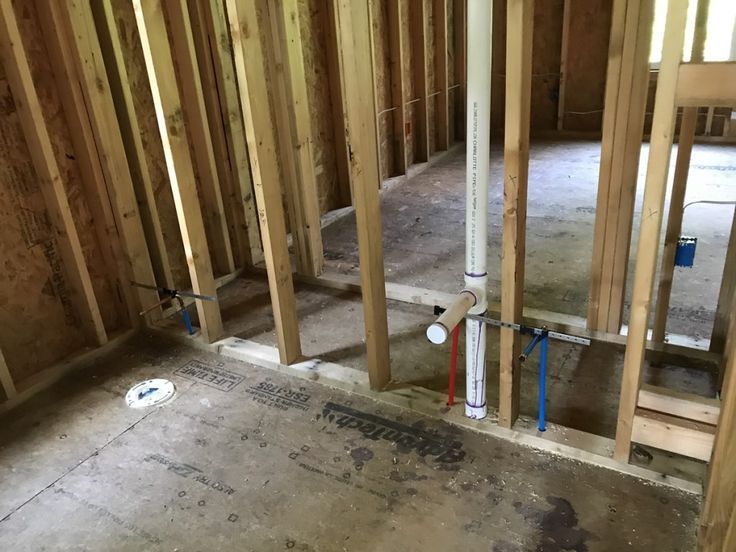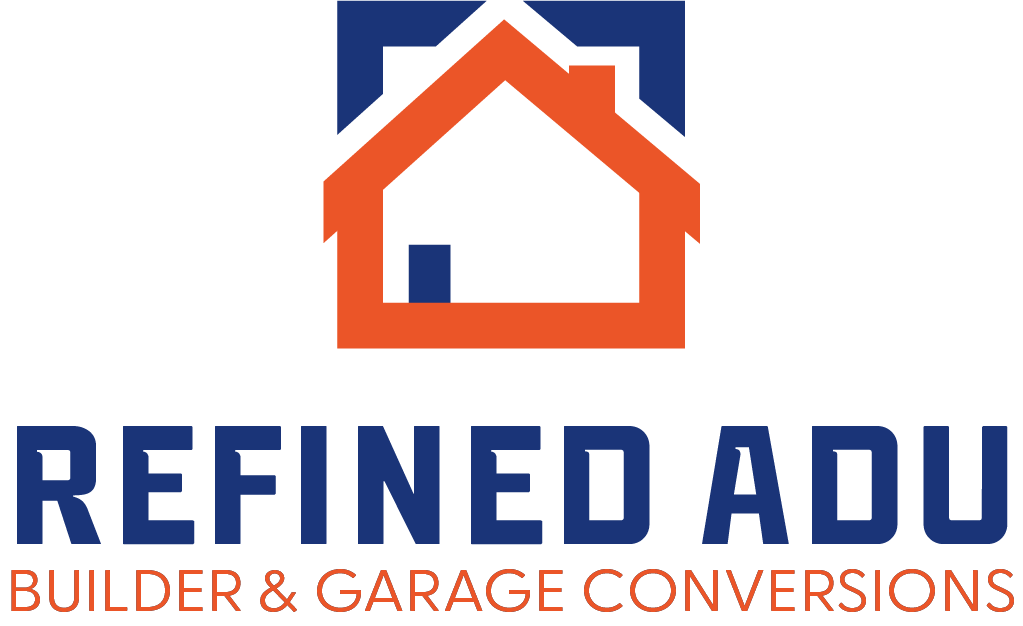ADU Zoning and Code Compliance Assistance in Huntington Beach, CA
When you decide to add an Accessory Dwelling Unit or convert your garage, navigating zoning rules and building codes can feel overwhelming. Different cities have specific regulations that affect where and how you can build. Understanding these rules is crucial to avoid delays, fines, or even having to remove what you built. We make sure your project meets all local zoning and code requirements so you don’t have to worry about legal hurdles.
At Refined ADU Builder & Garage Conversions, we work closely with you to understand your property’s limits and the city’s regulations. We guide you through the entire process, from design to permits and construction timelines. Our team stays up-to-date on laws in Huntington Beach and nearby areas, helping you get approvals faster and avoiding common pitfalls that slow down projects.
Our approach is clear and hands-on. We don’t just build your ADU or garage conversion; we solve the zoning and code compliance challenges behind the scenes. That means you can focus on planning your new space, while we handle the paperwork and legal details. This makes your project smoother and less stressful from start to finish.
Code Compliance Strategies for ADUs
To build an ADU that meets local laws, you need to focus on fire safety, utility connections, and proper placement on your property. Each of these areas has specific rules to keep the building safe, functional, and legal.
Fire Safety and Egress Requirements
Fire safety is a top priority for ADUs. You must ensure the unit has enough exits for quick escape. Usually, this means at least two doors or one door plus a window that meets size and height rules. Smoke detectors and fire alarms are also required in specific locations.
Materials used in construction must meet fire-resistance standards. Your ADU may need fire-rated walls or doors if it is close to property lines or your main house. We help you check local fire codes so your ADU passes inspection without issues.
Utility and Infrastructure Standards
Your ADU must connect to utilities like water, sewer, electricity, and sometimes gas. These connections often require permits and inspections. The hookup must meet the size and safety standards of the local public agencies.
Electrical systems have limits on how much power they use. We ensure your ADU’s wiring and panels comply to avoid overloads or fines. Sewer or septic systems must handle the extra load from your ADU to prevent problems. Water connections, including meters, must also be properly installed and tested.
Accessibility and Setback Requirements
Your ADU needs to be placed within certain distances from property lines, the main house, and other structures. Local zoning rules set these setbacks to protect neighbors’ privacy and maintain neighborhood standards.
There are also rules about the unit’s size and height. Sometimes, your ADU must be accessible to people with disabilities. This may include wider doors, ramps, or other features. We guide you through these rules to make sure your build is approved and fits in with the neighborhood.

Zoning Research and Permit Acquisition
We help you navigate the rules and requirements so your ADU or garage conversion meets all local codes. Our work covers zoning checks, permit paperwork, and working directly with city or county officials to keep your project on track.
Zoning Research and Reporting
We begin by checking local zoning laws specific to your property. This includes verifying if an Accessory Dwelling Unit (ADU) or garage conversion is allowed. We look at setbacks, height limits, lot coverage, and parking rules.
Once we gather the details, we create a clear zoning report. This report explains what is permitted, any restrictions, and the steps needed to move forward. You get a precise picture of your property’s potential before you commit to building.
Permit Preparation and Filing
We prepare all the paperwork required for your permit application. This covers construction plans, site maps, and compliance documents that meet code requirements.
Our team makes sure forms are complete and accurate to avoid delays. We submit the permits to the right local agency, whether that is the city, county, or planning department. We track the process and keep you updated about any needed changes or additional documents.
Liaison With Local Building Authorities
We act as your point of contact with building departments and planning officials. This means answering questions, scheduling inspections, and addressing concerns on your behalf.
Our experience with local officials helps speed up approvals. We understand their priorities and can explain technical details clearly, making the process smoother for you. We handle communication so you can focus on your project.
Navigating Local and State ADU Regulations
We guide you through these details so your project meets all requirements from start to finish.
Understanding California ADU Laws
California law supports building ADUs by easing size limits, parking rules, and owner-occupancy requirements. For example, you can build an ADU up to 1,200 square feet without certain fees. Also, parking is not required if the ADU is close to public transit. Owner occupancy is no longer a requirement for most ADUs.
You must still get permits and follow safety and health codes. Predevelopment costs like permits and design fees can be reimbursed through programs such as CalHFA’s ADU Grant Program, which offers up to $40,000.
Adapting to Municipal Codes
Each city has its own zoning rules that impact your ADU. These can include setback requirements, building height limits, and lot coverage rules. Some cities also have updated codes reflecting newer state laws and affordable housing policies.
For example, a city may allow detached ADUs but restrict size or design to fit neighborhood style. We help you check your local zoning code and navigate any changes so your ADU plans meet those local rules before you apply for permits.
Proactive Compliance Monitoring
We actively track updates to Huntington Beach zoning rules and California ADU regulations. This includes changes to size limits, setback requirements, and utility connections that impact your project.
Our team reviews local ordinances and state laws regularly. We also consult external resources, such as land development codes, to spot any upcoming rule shifts early.
By catching updates early, we keep your project aligned with the latest compliance standards. This reduces the risk of costly redesigns or permit rejections. You get peace of mind knowing your ADU will follow every rule from start to finish.
Guidance On Regulation Changes
When new rules come into effect, we explain how they impact your ADU’s design and construction process. We provide clear advice on adjusting plans or timelines to meet updated standards.
We also help interpret complex legal language so you understand what is required. For example, if setbacks have changed or parking rules tighten, we show you the necessary steps to comply.
You receive ongoing updates throughout your project lifecycle. This support helps avoid surprises with inspections or approvals. Our goal is to keep your ADU build smooth and within the law at all times.
FAQS on ADU Zoning & Code Compliance Assistance
Building an ADU comes with rules about where you can build and how big it can be. There are also rules about who must live in the main home, and different ways to get money to help pay for construction. Knowing these details will help you plan your project more smoothly.
What are the zoning requirements for constructing an ADU in California?
Zoning rules depend on your city and neighborhood. Most places allow ADUs in single-family zones but have limits on setbacks and height. You usually cannot build in protected areas or where utilities don’t support extra units.
How does owner occupancy affect ADU eligibility and compliance?
Some cities require the main home or the ADU to be occupied by the property owner. This rule helps prevent homes from turning into full rental properties. Others have removed this rule, but you need to check local laws.
What financing options are available for building an ADU?
You can apply for construction loans, sometimes up to $200,000, from programs like San Diego’s ADU Finance Program. Local governments may also offer grants or low-interest loans. Banks and credit unions might have special loans for ADUs too.
Are there any size limitations for ADUs under current regulations?
Yes, ADUs usually have maximum size limits. Many places allow up to 1,200 square feet, but this varies. Some cities limit ADUs to a percentage of the main house or have minimum sizes for different ADU types.
Can you explain the distinction between a garage conversion and an ADU?
A garage conversion changes existing garage space into living space without adding new structures. It must meet the same safety and habitability codes as a new ADU. It is usually faster and less expensive but still needs permits and inspections.
